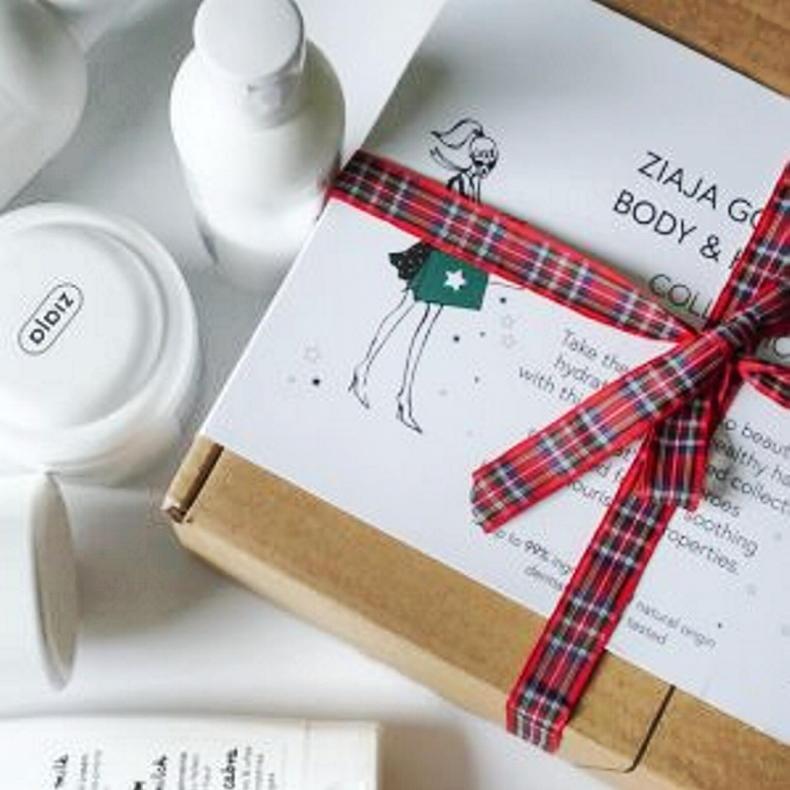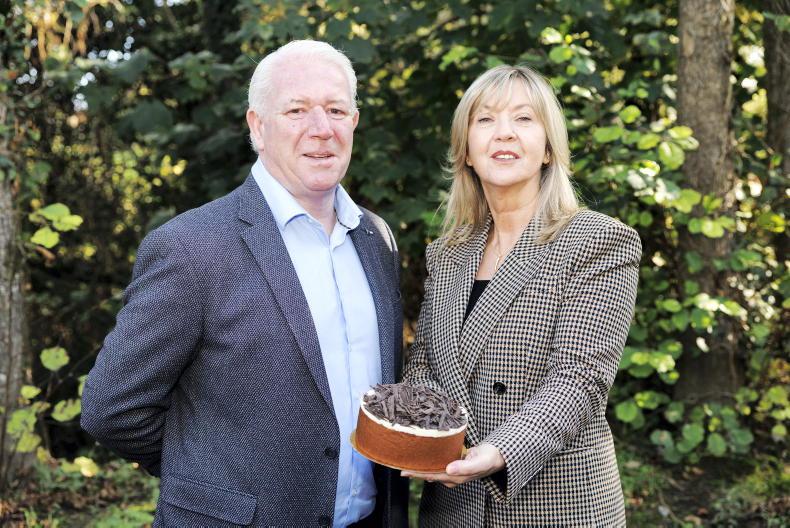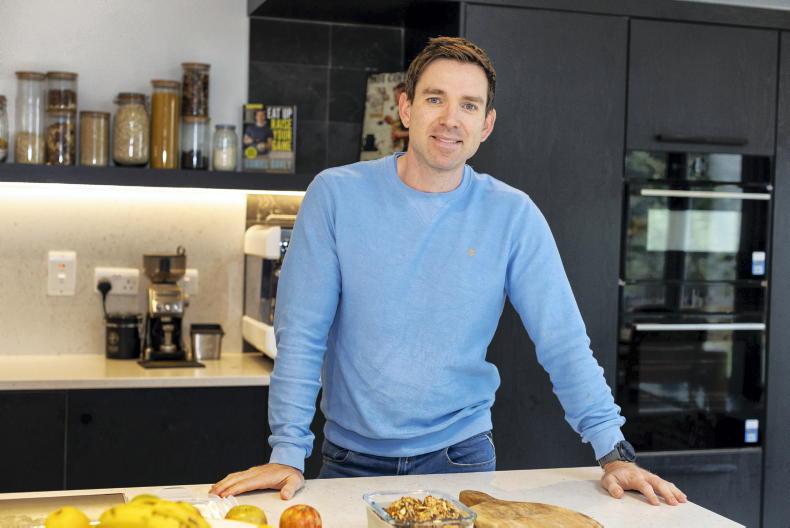Tips to stay well over Christmas
Christmas can be a full of overindulgence on many fronts, so how can we keep ourselves as well as possible?
Hand washing and sanitising: With COVID-19 stretching into 2022 and flu season upon us, this is more vital than ever. Wash your hands frequently and thoroughly with soap and running water for as long as it takes to hum 'Happy Birthday' twice. Keep sanitising gel close by.Keep cosy: Step out in appropriate clothes. Think warm, light layers, waterproof boots and don’t forget a hat.Manage stress: Pace yourself when making preparations and keep a sense of humour around the season. Don’t let the to-do lists sap your spirit. Be fire conscious: Don’t leave candles, fires, heaters or Christmas lights unattended. Have a fire drill for your home.Be accident aware: Christmas is a major time for falls and burns so think safety in the kitchen and in areas like the stairs.Boost your immune system: Help yourself stay well by eating a healthy diet and getting enough sleep. Vitamin D is also vital at this time of year. Keep mind and body active. Abandon the TV to play board games that challenge the brain or take walks/play sport for exercise and to aid digestion.Want to help your teeth over Christmas? Cheese is a good after-dinner option over the festive season, according to Dental Care Ireland.
“Cheese helps return the mouth to its natural acid balance and reduce the chances of developing tooth decay,” a spokesperson says.
Turkey is also a wise choice for looking after your teeth. “It’s a great source of phosphorus and protein, both of which help your body fight tooth decay and keep your teeth strong and healthy.”
Dental Care Ireland is an Irish-owned network of established dental practices nationwide.
See dentalcareireland.ie
Get a carbon monoxide alarm
Remember to get chimneys swept every year if you use solid fuel and to keep all flues, air vents and grilles clear and ensure rooms are well ventilated – not just because of COVID.
Carbon monoxide is often called the silent killer because it is colourless, odourless and poisonous. It can cause illness, loss of consciousness or even death. Carbon monoxide is produced when fossil fuels, such as gas, coal, oil, wood, petrol and paraffin, burn without enough oxygen.
Children, students, older people, pregnant women and anyone with heart or breathing problems are more vulnerable to its effects. It can also cause long-term health problems if people are exposed to low doses over a long period of time.
The symptoms can be mistaken for flu but without a raised temperature, also headaches, nausea and vomiting, exhaustion, drowsiness, light-headedness and palpitations. Anyone who suspects they may be experiencing carbon monoxide poisoning should immediately turn off all appliances, go out into the fresh air and seek help.
If you are in rented accommodation that incorporates gas appliances ask your landlord to provide you with an up-to-date gas safety record.This is a legal requirement and particularly important for students renting.
See www.carbonmonoxide.ie for more

Ziaja range of goat’s milk skin products.
A range of goat’s milk skin products have been launched in Ireland. It’s called Ziaja and manufacturers point to the moisturising and nourishing aspects of the products and their relevance for people with dry and sensitive skin types. The range includes products for face, body and hair care. They are available in Tesco, Dunnes Stores, Supervalu and pharmacies nationwide or online at originalbeauty.ie
How can you cope with the ongoing COVID anxiety?
As the pandemic continues, how do we cope with the anxiety it causes? Here is a shortened version of Mental Health First Aid Ireland’s eight tips to help us cope.
Seek accurate information from legitimate sources only to avoid fear and panic that misinformation may cause.Set limits around news. Avoid excessive exposure to media coverageSelf-care. Focus on things you can control (like having good hygiene). Prioritise your wellbeing and positive mental health. Eat healthily, get sleep and do things you enjoy.Reach out. Receiving support and care from others can bring a sense of comfort and stability. Keep in touch with your friends and family. Hope. Try and focus on things that are positive in your life. Acknowledge your feelings. Write them down, talk to others, do something creative or practise meditation.Talk to your kids. Answer their questions and share facts in a way that children can understand. Respond to your child’s reactions in a supportive way. Ask for professional support. If you are finding it difficult to cope, seek help from your GP or an organisation like the Samaritans on 116 123. See https://www.mhfaireland.ie/images/documents/CovidAnxietyA4.pdf for the full tips.
Always laugh when you can. It is cheap medicine – Lord Byron.A good laugh heals a lot of hurts – Madelaine L’Engle.He who laughs, lasts – Mary Pettibone Poole.Laughter is a form of internal jogging. It moves your internal organs around. It enhances respiration – Norman Cousins.The average cough or sneeze can send over 100,000 germs into the air at speeds of up to 160km/h! Don’t cough or sneeze into your hand if you don’t have a tissue. Instead, cough or sneeze into the crook of your elbow. Flu germs can survive on hard surfaces for 24 hours.An expanded National Dementia Adviser Service has been launched to provide advisers in every county.A secure video app has been developed at Children’s Health Ireland at Crumlin to keep parents connected to their premature babies while in hospital. Parents will be sent videos and photos so that they have meaningful updates on their child’s progress, reducing separation anxiety and stress.A video to help children and young people who are blind or vision impaired to travel independently has been launched by the NCBI.Podcast to help overactive bladder
To help improve public understanding of OAB and encourage more women and men aged 40+ to identify and control symptoms, Astellas has launched a new podcast called Control OAB.
The podcast series consists of candid conversations with healthcare professionals and OAB patients who share personal experiences and advice about the condition – see OAB.ie for more information.

Astellas has launched a new podcast called Control OAB.
Online speech & language therapy
A speech therapist based in Co Wicklow, mindful of the public waiting lists, has launched an online speech and language therapy service.
Kate Beckett of Optima Speech Therapy set up this web-accessed service where she tailors the programme for the child, she says, and monitors progress.
The service teaches parents to help their children at home under her support and guidance.
“The assessment process is easy,” she says. “Parents film their child having a go at the tasks I set out and send me the videos using the secure file transfer system that I provide.
“I create a programme for each child depending on their needs and monitor progress.”
See optimaspeechtherapy.com
Read more
"Close the toilet lid before you flush" and other unexpected COVID-19 tips
Create a COVID-safe zone this Christmas
Tips to stay well over Christmas
Christmas can be a full of overindulgence on many fronts, so how can we keep ourselves as well as possible?
Hand washing and sanitising: With COVID-19 stretching into 2022 and flu season upon us, this is more vital than ever. Wash your hands frequently and thoroughly with soap and running water for as long as it takes to hum 'Happy Birthday' twice. Keep sanitising gel close by.Keep cosy: Step out in appropriate clothes. Think warm, light layers, waterproof boots and don’t forget a hat.Manage stress: Pace yourself when making preparations and keep a sense of humour around the season. Don’t let the to-do lists sap your spirit. Be fire conscious: Don’t leave candles, fires, heaters or Christmas lights unattended. Have a fire drill for your home.Be accident aware: Christmas is a major time for falls and burns so think safety in the kitchen and in areas like the stairs.Boost your immune system: Help yourself stay well by eating a healthy diet and getting enough sleep. Vitamin D is also vital at this time of year. Keep mind and body active. Abandon the TV to play board games that challenge the brain or take walks/play sport for exercise and to aid digestion.Want to help your teeth over Christmas? Cheese is a good after-dinner option over the festive season, according to Dental Care Ireland.
“Cheese helps return the mouth to its natural acid balance and reduce the chances of developing tooth decay,” a spokesperson says.
Turkey is also a wise choice for looking after your teeth. “It’s a great source of phosphorus and protein, both of which help your body fight tooth decay and keep your teeth strong and healthy.”
Dental Care Ireland is an Irish-owned network of established dental practices nationwide.
See dentalcareireland.ie
Get a carbon monoxide alarm
Remember to get chimneys swept every year if you use solid fuel and to keep all flues, air vents and grilles clear and ensure rooms are well ventilated – not just because of COVID.
Carbon monoxide is often called the silent killer because it is colourless, odourless and poisonous. It can cause illness, loss of consciousness or even death. Carbon monoxide is produced when fossil fuels, such as gas, coal, oil, wood, petrol and paraffin, burn without enough oxygen.
Children, students, older people, pregnant women and anyone with heart or breathing problems are more vulnerable to its effects. It can also cause long-term health problems if people are exposed to low doses over a long period of time.
The symptoms can be mistaken for flu but without a raised temperature, also headaches, nausea and vomiting, exhaustion, drowsiness, light-headedness and palpitations. Anyone who suspects they may be experiencing carbon monoxide poisoning should immediately turn off all appliances, go out into the fresh air and seek help.
If you are in rented accommodation that incorporates gas appliances ask your landlord to provide you with an up-to-date gas safety record.This is a legal requirement and particularly important for students renting.
See www.carbonmonoxide.ie for more

Ziaja range of goat’s milk skin products.
A range of goat’s milk skin products have been launched in Ireland. It’s called Ziaja and manufacturers point to the moisturising and nourishing aspects of the products and their relevance for people with dry and sensitive skin types. The range includes products for face, body and hair care. They are available in Tesco, Dunnes Stores, Supervalu and pharmacies nationwide or online at originalbeauty.ie
How can you cope with the ongoing COVID anxiety?
As the pandemic continues, how do we cope with the anxiety it causes? Here is a shortened version of Mental Health First Aid Ireland’s eight tips to help us cope.
Seek accurate information from legitimate sources only to avoid fear and panic that misinformation may cause.Set limits around news. Avoid excessive exposure to media coverageSelf-care. Focus on things you can control (like having good hygiene). Prioritise your wellbeing and positive mental health. Eat healthily, get sleep and do things you enjoy.Reach out. Receiving support and care from others can bring a sense of comfort and stability. Keep in touch with your friends and family. Hope. Try and focus on things that are positive in your life. Acknowledge your feelings. Write them down, talk to others, do something creative or practise meditation.Talk to your kids. Answer their questions and share facts in a way that children can understand. Respond to your child’s reactions in a supportive way. Ask for professional support. If you are finding it difficult to cope, seek help from your GP or an organisation like the Samaritans on 116 123. See https://www.mhfaireland.ie/images/documents/CovidAnxietyA4.pdf for the full tips.
Always laugh when you can. It is cheap medicine – Lord Byron.A good laugh heals a lot of hurts – Madelaine L’Engle.He who laughs, lasts – Mary Pettibone Poole.Laughter is a form of internal jogging. It moves your internal organs around. It enhances respiration – Norman Cousins.The average cough or sneeze can send over 100,000 germs into the air at speeds of up to 160km/h! Don’t cough or sneeze into your hand if you don’t have a tissue. Instead, cough or sneeze into the crook of your elbow. Flu germs can survive on hard surfaces for 24 hours.An expanded National Dementia Adviser Service has been launched to provide advisers in every county.A secure video app has been developed at Children’s Health Ireland at Crumlin to keep parents connected to their premature babies while in hospital. Parents will be sent videos and photos so that they have meaningful updates on their child’s progress, reducing separation anxiety and stress.A video to help children and young people who are blind or vision impaired to travel independently has been launched by the NCBI.Podcast to help overactive bladder
To help improve public understanding of OAB and encourage more women and men aged 40+ to identify and control symptoms, Astellas has launched a new podcast called Control OAB.
The podcast series consists of candid conversations with healthcare professionals and OAB patients who share personal experiences and advice about the condition – see OAB.ie for more information.

Astellas has launched a new podcast called Control OAB.
Online speech & language therapy
A speech therapist based in Co Wicklow, mindful of the public waiting lists, has launched an online speech and language therapy service.
Kate Beckett of Optima Speech Therapy set up this web-accessed service where she tailors the programme for the child, she says, and monitors progress.
The service teaches parents to help their children at home under her support and guidance.
“The assessment process is easy,” she says. “Parents film their child having a go at the tasks I set out and send me the videos using the secure file transfer system that I provide.
“I create a programme for each child depending on their needs and monitor progress.”
See optimaspeechtherapy.com
Read more
"Close the toilet lid before you flush" and other unexpected COVID-19 tips
Create a COVID-safe zone this Christmas











SHARING OPTIONS